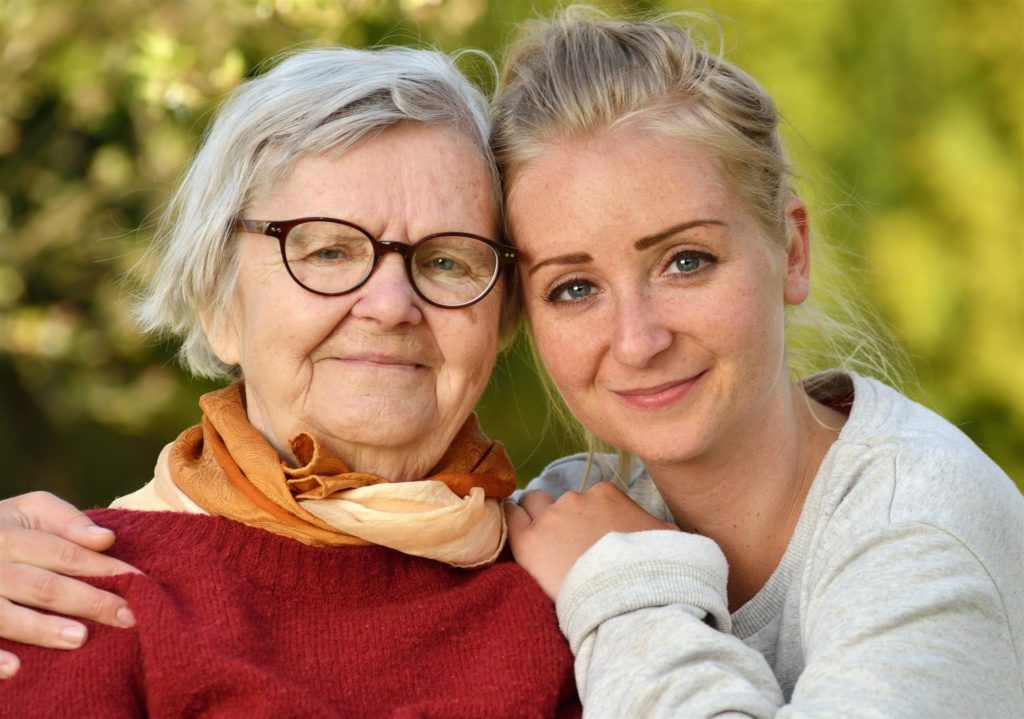How to Recognize Early Signs of Dementia
Trouble with routine daily tasks, getting lost while traveling a familiar route, and misplacing objects in strange places may not seem serious but, taken together, they could be early signs of dementia. Early recognition of declining mental abilities can provide you an opportunity to help your loved one get the in-home assistance or other medical care he or she needs before quality of life begins to deteriorate.
Dementia , a general term for a decline in mental abilities, can take many forms. Separating dementia from normal age-related changes in memory can be difficult, but when you know the patterns and signs to look for, you can plan for the future and get the early treatment your loved one needs.

Symptoms of Dementia
Dementia can have any number of different underlying causes, which means early symptoms may manifest themselves in a number of different ways and combinations:
• Memory Loss
: When memory loss begins to disrupt daily living through a growing need for reminder notes or relying on others to remember names, dates, and events, dementia may be to blame. However, forgetting a name or event but then remembering it later is normal memory loss related to aging.
• Changes in Planning or Problem-Solving Abilities
: Trouble creating and following a plan, working with numbers, following a familiar recipe, or tracking monthly bills can be an indication of mental decline that needs to be evaluated.
• Difficulty Tracking Time and/or Place
: Difficulty tracking the passage of time, seasons, or dates can indicate growing cognitive problems. This also manifests itself as the person forgetting where he is or how he got there.
• Increased Difficulty with Speaking and Writing
: Difficult joining and/or following a conversation, repeating the same information, trouble recalling vocabulary, or calling objects by the wrong name are all early symptoms of dementia.
• Decline Decision-Making Skills and Judgment
: A change in decision-making skills and judgment can indicate growing cognitive troubles. This may manifest itself as the person being easily persuaded by people they normally would not trust, such as telemarketers. This symptom may also manifest itself as a decrease in personal grooming.
• Losing Things with the Inability to Retrace Steps
: Someone with dementia may leave items in unusual places, like putting the remote control in the refrigerator. When they’re looking for the item, they don’t have the ability to retrace their steps. This is not like misplacing something and then finding it later.
• Changes in Social Habits and Activities
: People with dementia often lose interest in hobbies and social activities because they lose the ability to participate. Trouble following through with complex steps and initiating conversations contributes to this withdrawal.

Awareness Provides More Options
Being aware of the early signs of dementia will help you recognize when it’s time to take action. Many of these early symptoms can be signs of treatable underlying medical conditions. Early intervention and treatment can help your loved one face the challenges of growing older with dignity. Call us today at 866-464-9035 for more information.
Source
The post How to Recognize Early Signs of Dementia appeared first on .
Related Posts


Request More Information
Contact Us
We will get back to you as soon as possible.
Please try again later.
Call (855) 412-2273 Today for a Free on Site Assessment!
Give Us A Call!
Call 855-412-2273 today for a Free on Site Assessment
Offices in Stratford, Hamden, Hartford, and Stamford

